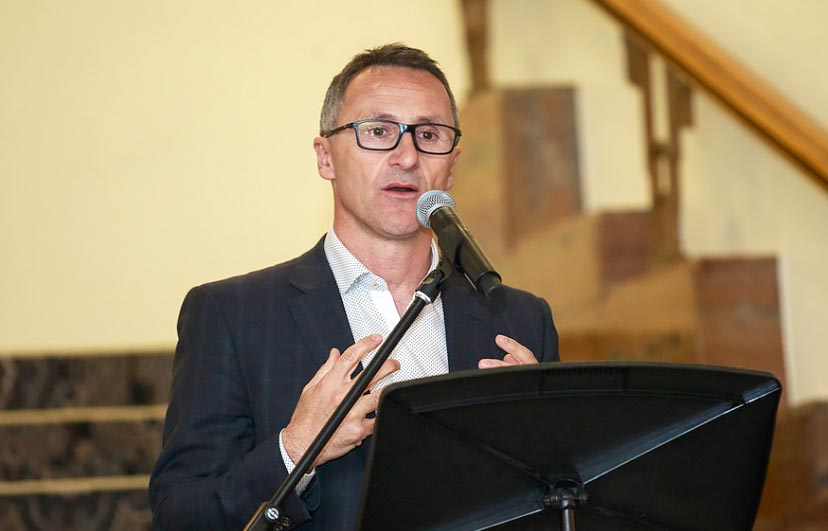The View from Parliament House
Senator the Hon Concetta Fierravanti-Wells, Minister for International Development and the Pacific
Minister for International Development and the Pacific, Concetta Fierravanti-Wells, emphasised the sector’s collective responsibility to demonstrate to all Australians what the benefit is of our Australian aid program. “In doing so”, says the Senator, “we need to respond to those who ask why we spend taxpayers’ money overseas rather than at home or not at all, and why we spend money on our neighbours when their economies in some areas are growing and their prosperity is rising”.
You can read Senator the Hon Concetta Fierravanti-Wells’ speech in full here
Senator Penny Wong, Shadow Minister for Foreign Affairs
Shadow Minister for International and the Pacific, Penny Wong, reflected upon the importance of development assistance, and the growing inequality around the world today. In this current environment, said Senator Wong, “there’s an immense need for support for development assistance to come before partisan politics. Global demand for development assistance has not subsided, but the global trend to isolationism and nationalism is putting aid under increasing strain in donor nations”.
Referring to the Government’s changes that came with AusAID’s absorption into the Department of Foreign Affairs and Trade, Senator Wong went on to assert that in order to ensure Australian Aid is prioritised and valued within the Department, and amoungst Australians, a Shorten Labour Government would “work with the changes that have been made” to the Australian Aid program because “you can’t unscramble an egg”.
Senator Richard Di Natale, Australian Greens Leader




